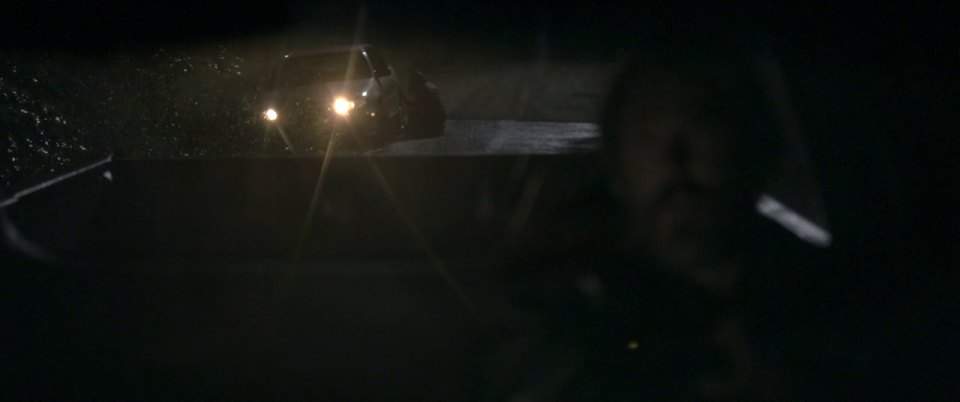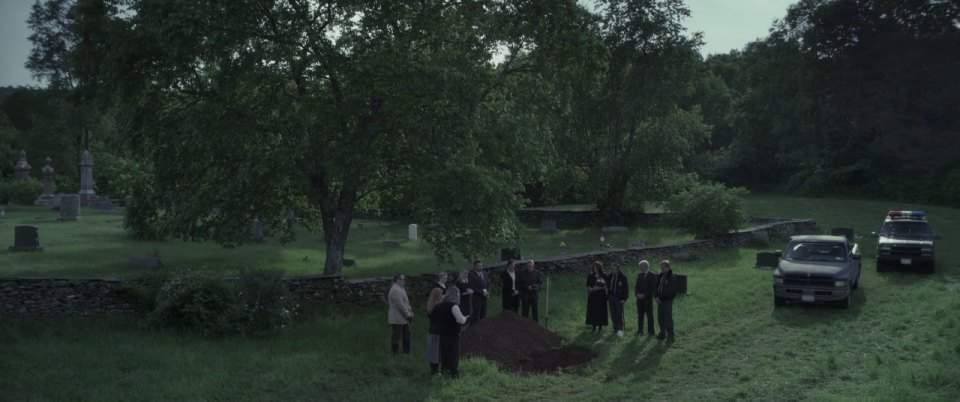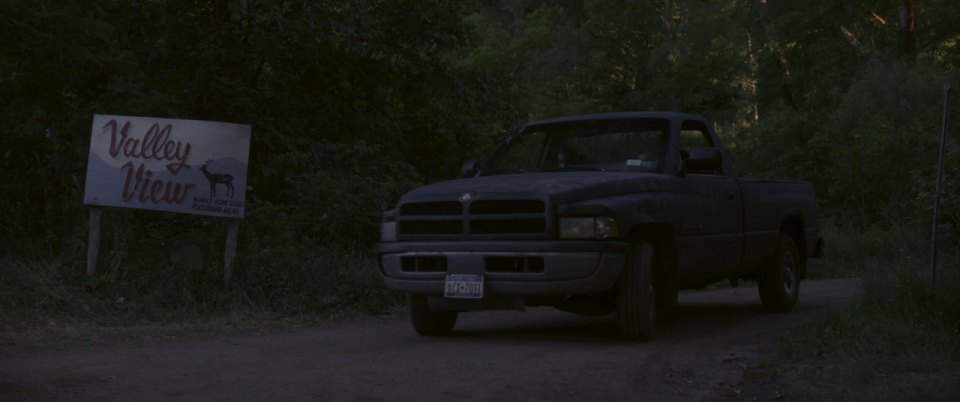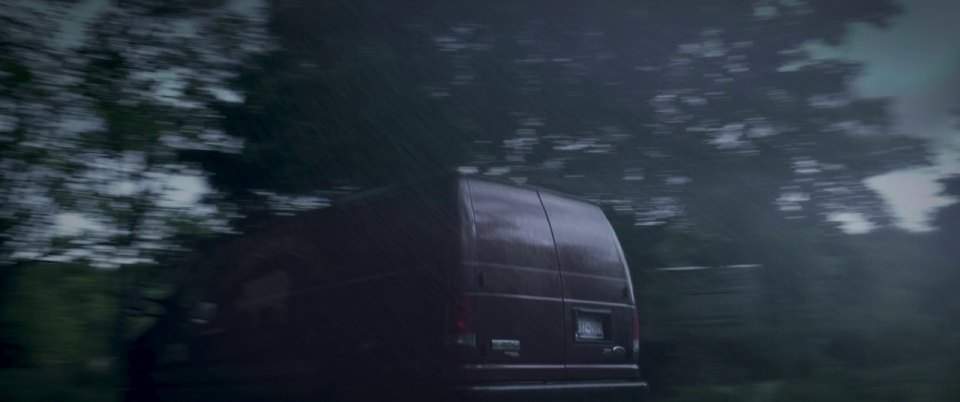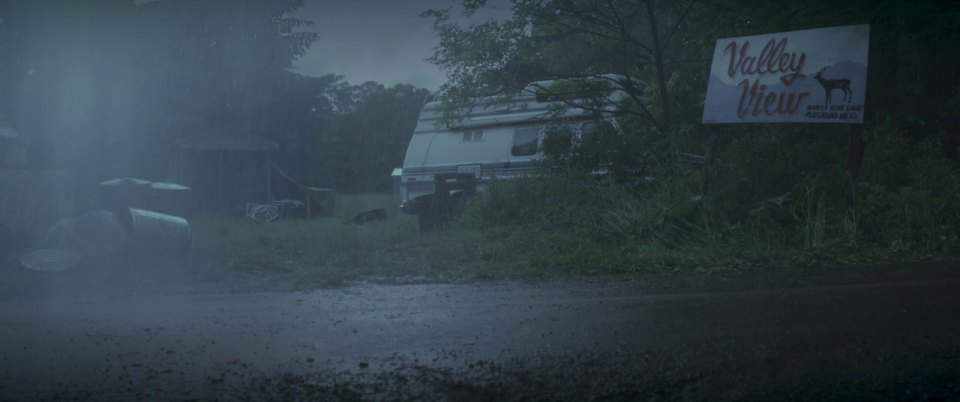We Are the Best! 2014
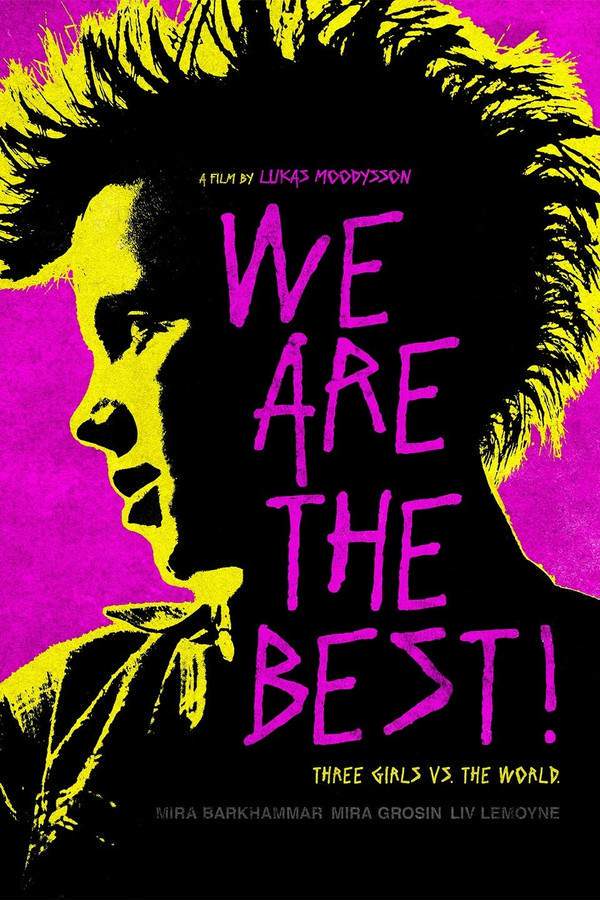
In 1980s Stockholm, three rebellious teenage girls decide to form a punk band, facing numerous challenges along the way. Lacking instruments and experience, they challenge the music industry’s belief that the genre has lost its appeal. Driven by a DIY spirit and unwavering determination, the band creates a unique sound and ultimately proves that passion and perseverance can overcome any obstacle in the world of music.
Does We Are the Best! have end credit scenes?
No!
We Are the Best! does not have end credit scenes. You can leave when the credits roll.
Meet the Full Cast and Actors of We Are the Best!
Explore the complete cast of We Are the Best!, including both lead and supporting actors. Learn who plays each character, discover their past roles and achievements, and find out what makes this ensemble cast stand out in the world of film and television.

David Dencik

Liv LeMoyne

Johan Liljemark

Mira Barkhammar

Mira Grosin

Mattias Wiberg

Jonatan Salomonsson

Alvin Strollo

Anna Rydgren

Peter Eriksson

Charlie Falk

Lena Carlsson

Emrik Ekholm

Ann-Sofie Rase

Lily Moodysson

Nick Kankaanpää

Edvin Ottoson

Felix Klaesson

Victor Norlin Ericsson

Petter Andersson
External Links and Streaming Options
Discover where to watch We Are the Best! online, including streaming platforms, rental options, and official sources. Compare reviews, ratings, and in-depth movie information across sites like TMDb, Wikipedia, Rotten Tomatoes or Metacritic.
Ratings and Reviews for We Are the Best!
See how We Are the Best! is rated across major platforms like IMDb, Metacritic, and TMDb. Compare audience scores and critic reviews to understand where We Are the Best! stands among top-rated movies in its genre.

87
Metascore
7.5
User Score


97%
TOMATOMETER

77%
User Score

70
%
User Score

3.8
From 232 fan ratings
Take the Ultimate We Are the Best! Movie Quiz
Challenge your knowledge of We Are the Best! with this fun and interactive movie quiz. Test yourself on key plot points, iconic characters, hidden details, and memorable moments to see how well you really know the film.
We Are the Best! Quiz: Test your knowledge on the vibrant journey of three teenage misfits in 1982 Stockholm as they navigate music and adolescence.
What year is the film set in?
1980
1982
1985
1990
Show hint
Full Plot Summary and Ending Explained for We Are the Best!
Read the complete plot summary of We Are the Best!, including all major events, twists, and the full ending explained in detail. Explore key characters, themes, hidden meanings, and everything you need to understand the story from beginning to end.
In the lively backdrop of 1982 Stockholm, an unexpected trio of teenage outcasts bands together: Bobo, a punk enthusiast yearning for escape; Klara, an angry, politically charged young woman whose sardonic lyrics mirror her frustration; and Hedvig, a quiet classical guitarist. Their unique alliance stems not only from a desire to confront the dismissive teenage boys who dominate their youth club’s music scene but also from a shared love of punk rock. Although Bobo and Klara lack musical experience, they form their own band with Hedvig stepping in as a supportive mentor.
As they strive to play in harmony, each member grapples with their personal challenges. For Bobo, punk rock becomes a crucial refuge from the tribulations of growing up; Klara uses it as a channel for her anger and political beliefs. Meanwhile, Hedvig finds herself drawn to the punk ethos while wrestling with her faith.
When they persuade Hedvig to join them for their school’s talent show, her classical guitar skills add a refreshing layer to their sound. This newfound synergy, however, quickly faces a challenge when Hedvig’s mother disapproves of her punk-inspired short hairstyle, which forces the girls to face the limits of their rebellion against authority.
Despite this hurdle, the trio’s commitment to their passion for music remains unwavering as they navigate various setbacks, including a doomed attempt to raise funds at the railway station and a string of awkward moments with Elis, a charming young musician who becomes both an ally and a subtle rival.
Through their experiences, Bobo, Klara, and Hedvig uncover vital lessons about communication, empathy, and loyalty. Their journey is filled with humor, tenderness, and heartache, emphasizing the intricacies of adolescence as they forge their distinct route in life.
As Hedvig shows an uncanny talent for the electric guitar, far outpacing her instructor, Bobo’s frustration at her drumming skills grows, compounded by her annoyance at Klara’s concession to not let her try the bass. Their determination only strengthens when the staff manages to book them for a Christmas performance with Iron Fist in Västerås. Unfortunately, they face a hostile audience that heckles them mercilessly; Klara seizes this moment to cleverly alter their anthem “Hate the Sport!” to “Hate Västerås!”, sparking a minor riot that captures the attention of Iron Fist and earns them respect.
On the bus ride back to Stockholm, the newfound camaraderie and joy resonate as they exclaim, “We are the best!” Their bold declaration is met with skepticism from a youth club worker who bluntly counters, “You’re the worst,” but the girls, undeterred, choose to laugh and continue their celebration.
The film closes on a poignant yet humorous note, with Klara’s father, seen playing the clarinet while sitting on the toilet—a delightful reminder of how music unites people in the most unexpected circumstances.
Uncover the Details: Timeline, Characters, Themes, and Beyond!

Coming soon on iOS and Android
The Plot Explained Mobile App
From blockbusters to hidden gems — dive into movie stories anytime, anywhere. Save your favorites, discover plots faster, and never miss a twist again.
Sign up to be the first to know when we launch. Your email stays private — always.
Watch Trailers, Clips & Behind-the-Scenes for We Are the Best!
Watch official trailers, exclusive clips, cast interviews, and behind-the-scenes footage from We Are the Best!. Dive deeper into the making of the film, its standout moments, and key production insights.
Cars Featured in We Are the Best!
Explore all cars featured in We Are the Best!, including their makes, models, scenes they appear in, and their significance to the plot. A must-read for car enthusiasts and movie buffs alike.
We Are the Best! Other Names and Titles
Explore the various alternative titles, translations, and other names used for We Are the Best! across different regions and languages. Understand how the film is marketed and recognized worldwide.
Quick Links: Summary, Cast, Ratings, More

What's After the Movie?
Not sure whether to stay after the credits? Find out!
Explore Our Movie Platform
New Movie Releases (2025)
Famous Movie Actors
Top Film Production Studios
Movie Plot Summaries & Endings
Major Movie Awards & Winners
Best Concert Films & Music Documentaries
Movie Collections and Curated Lists
© 2025 What's After the Movie. All rights reserved.












